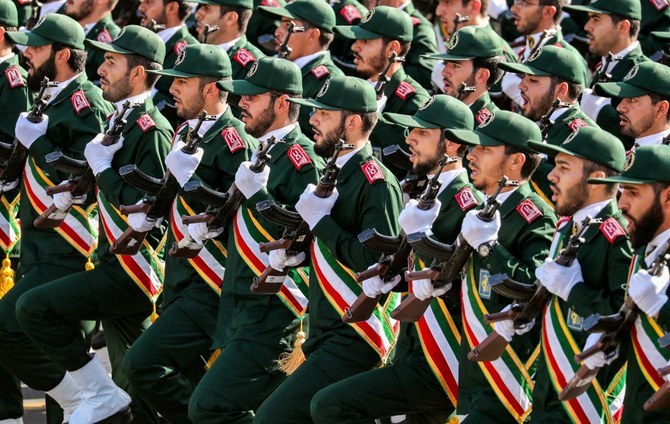
Syrias Kurds, who have asked for regime help to face a threatened Turkish offensive, have seen their prospects of increased autonomy change over the course of the war, Agence France Presse reported.
Concentrated in the north, Kurds make up around 15 percent of Syrias population.
The Kurds had been stripped of their nationality following a controversial census in 1962.
They have suffered decades of marginalization and oppression by the ruling Baath party and have long pushed for their cultural and political rights, said the report.
When Syrias conflict erupted in 2011, the Kurdish population generally sought to adopt a position of neutrality.
The head of the regime, Bashar al-Assad, made conciliatory gestures towards the Kurds from the earliest days of the conflict, granting citizenship to 300,000 people -- a key demand for half a century.
In 2012, regime forces withdrew from Kurdish-majority areas in the north and east, paving the way for Kurds to consolidate control on the ground.
They have since established self-rule in many of these zones.
In 2013, the Democratic Union Party (PYD) -- the political branch of the powerful Peoples Protection Units (YPG) -- announced the establishment of a semi-autonomous region.
In 2016, Kurdish authorities unveiled a "federal region" for this territory comprising three cantons: Afrin in Aleppo province, Jazira (Hasakeh province) and Euphrates (which includes parts of Aleppo and Raqqa provinces).
The initiative looked like de facto autonomy, provoking hostility from Syrias mainstream opposition forces and neighboring Turkey.
At the end of 2016, the Kurds gave themselves a "social contract" -- a kind of constitution for their "federal region".
A year later residents of Kurdish regions elect their own municipal councillors.
Kurdish fighters have been one of the most effective forces fighting ISIS in Syria, with air support from a US-led coalition, AFP said.
At the start of 2015, they ousted ISIS from Kobane on the Turkish border after more than four months of fierce fighting.
The Syrian Democratic Forces (SDF), an alliance of Kurdish forces and local Arab militiamen was created in October 2015.
Dominated by the Kurdish YPG, it has been the main ground force battling ISIS remnants in eastern Syria.
In October 2017, they ousted ISIS from its de facto Syrian capital, Raqqa, and by the end of 2018 they were still fighting die-hard militants near the Iraqi border.
In January 2018, the US-led coalition announced it was working to create in northern Syria a 30,000-strong border force comprised of Kurdish and Arab fighters, around half of whom would be retrained SDF fighters.
But Ankara accuses the YPG of being the Syrian offshoot of the outlawed Kurdistan Workers Party (PKK) which has waged a three-decade rebellion in Turkeys southeast.
On January 20, 2018, Turkey launched an air and ground operation against the YPG-held enclave of Afrin, taking control of it on March 18.
On December 19, US President Donald Trump ordered the forthcoming withdrawal of some 2,000 US soldiers deployed in Syria, who have been fighting the ISIS alongside the YPG.
In the following days Turkish President Recep Tayyip Erdogan sent troop reinforcements to the border between Turkey and the Syrian Kurdish regions in preparation for a possible offensive after the withdrawal of American troops.
On December 28, the Syrian army said it had entered the northern city of Manbij, 30 kilometers from the Turkish border, after the Kurds asked regime forces to deploy in areas it already withdrew from earlier this year.












